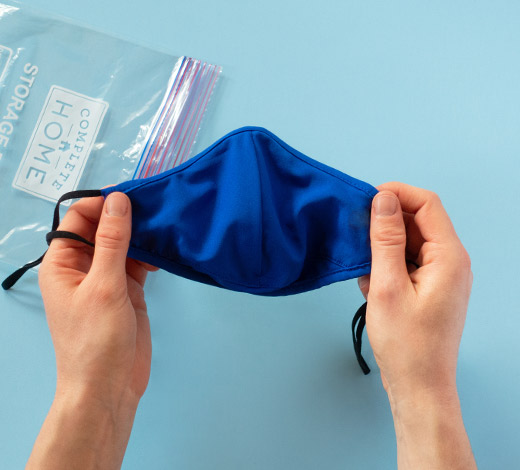The high fever, body aches, dry cough, sore throat, runny or stuffy nose and tiredness can come on suddenly, and leave you wondering how to help your child get better.
Take heart in knowing that while the flu may make your child feel miserable, most kids recover within a week or two. Here’s how to help your child in the meantime:
Make your child comfortable.
Encourage
your toddler to get plenty of rest. Offer clear liquids, such as water and
broth, to make sure their bodies have enough fluids. If possible, keep your
child in a separate room to reduce the chance of spreading the illness to
others.
Ask about antivirals.
Your child’s
doctor may suggest antiviral medicines if they’ve only been sick for a day or
two, or longer if your child has a health issue. These medications can make
symptoms milder and shorten the length of the illness. In toddlers, antivirals
may also lower the risk of ear infections, a complication of the flu. However, antivirals
can cause unpleasant side effects. Note that antibiotics don’t work against viral
illnesses, including the flu.
Treat your child’s symptoms.
There are
many over-the-counter (OTC) products that can help alleviate flu symptoms. If
your child is younger than 2 years of age, call their doctor before giving any medicine.
These medications can help relieve these symptoms:
- Fever:
Single-ingredient acetaminophen or ibuprofen can help bring down a fever. Be careful
to give your child the right dose and to space out doses correctly. Check the medication
label or ask your child’s doctor or pharmacist for help with dosing. Never give
aspirin to a toddler. - Cough:
Give one half teaspoon of honey to ease your child’s cough. Keep in mind that
OTC cough medicine isn’t safe for toddlers. - Stuffy
nose: Saline nose drops or nasal sprays can help lessen nasal congestion.
Using a cool-mist humidifier in your toddler’s room may also bring relief.
Know when to call the doctor.
In some
cases, the flu can lead to serious problems, such as pneumonia. Certain people
are at higher risk for complications. This includes those with health issues,
like asthma or diabetes, and children younger than 5 years of age. Give your
child’s doctor a call if they have severe flu symptoms or symptoms that don’t
improve each day. You should seek medical help right away if your child has flu
symptoms with trouble breathing. If your child has a health condition, ask
their doctor if there are any precautions you should take when they have flu
symptoms.
Prevention is the best medicine
The flu shot
is the best way to reduce your child’s risk of catching the flu. Make sure your
child gets the vaccine each year. The flu shot is recommended for children 6
months of age and older. Washing hands
often and avoiding contact with sick people can also help protect your child
from the flu.
By Jen Matz, MPH
Medical Writer, Clinical Programs & Quality Walgreen Co.
Sources:
What to do
if your child gets sick with the flu. Centers for Disease Control and
Prevention. https://www.cdc.gov/immigrantrefugeehealth/pdf/seasonal-flu/what_to_do_english_508.pdf
Children,
the flu, and the flu vaccine. Centers for Disease Control and Prevention. https://www.cdc.gov/flu/protect/children.htm
Children and
flu antiviral drugs. Centers for Disease Control and Prevention. https://www.cdc.gov/flu/children/antiviral.htm
Flu symptoms
and complications. Centers for Disease Control and Prevention. https://www.cdc.gov/flu/about/disease/complications.htm
American
Academy of Pediatrics. https://www.healthychildren.org/English/safety-prevention/at-home/medication-safety/Pages/How-to-Manage-Colds-and-Flu.aspx
The flu.
American Academy of Pediatrics. https://www.healthychildren.org/English/health-issues/conditions/chest-lungs/Pages/The-Flu.aspx


